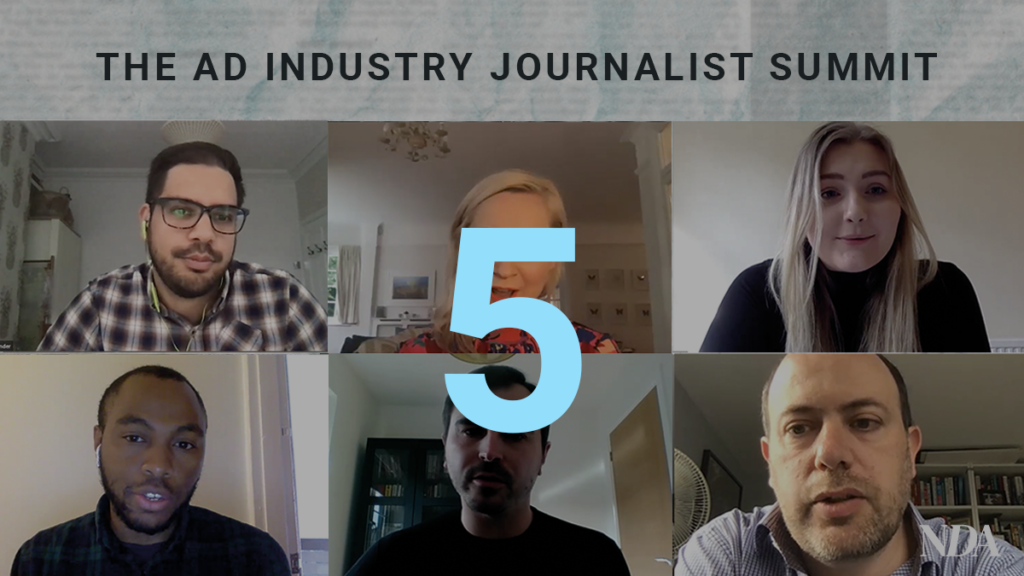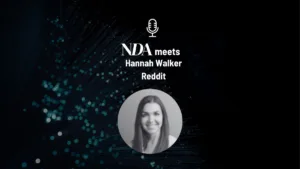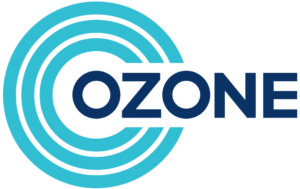The NDA Journalism in the Marketing and Ad Industry Roundtable Summit brought together our industry’s leading journalists to discuss the vital role journalism plays in both supporting and holding to account our industry.
It is clear that today’s media, marketing and advertising trade press is a different beast than when ‘industry bible’ Campaign launched back in the 1960s. Since then, there has been an explosion in titles, each catering for subtly different audiences and each with its own unique USP.
Arguably, however, the industry has changed more rapidly this year than ever, as publications – already adept at building loyal followings – have seen the need to both serve their readers more usefully and diversify their own revenue streams in a time of deep global recession.
Events, awards and spin-off activities have long been important but as publications pivot to a much more interactive experience these have become increasingly wedded to the overall editorial offering rather than as separate strands.
With support from Teads, New Digital Age curated a panel of leading advertising journalists to discuss their views on some of the trends they are seeing within their own companies and their peers as they report on the sector.
Moderated by Editor Justin Pearse, the session included commentary from Digiday Brands Editor Seb Joseph, Creative Brief’s Editorial Director Nicola Kemp, Campaign Editor-In-Chief Gideon Spanier, The Drum’s Head of Content, Cameron Clarke and Mediatel News’s News Editor Michaela Jefferson.
Events are moving closer to editorial – and for good reason
For our journalists, once removed from the commercial aspects of a publication’s operations, it’s now an important consideration – and something that strengthens both business and brand.
Jefferson talks about the support her team gives Mediatel News’s events business, seeing the two teams working more closely together to not only promote its events but also produce stories from those speakers who get involved.
Jefferson adds that the editorial team within the publication has played “a key part” in driving that evolution: “When Covid hit, it became clear that we needed to align more closely with our events business and help to drive that. But again, without sacrificing our editorial integrity.”
“There is obviously potential for a slight conflict of interests, as you want to make sure that you are nevertheless being honest in the way that you report on what people have said, regardless of the fact that they have agreed to be a part of one of our events. And that’s my job – to make sure that we stay an independent and trustworthy publication whilst co-existing with and supporting an events business.”,” adds Jefferson, who also emphasises the brilliance of events’ teams’ pivots towards online interaction in 2020.
Mediatel News is not alone: the industry’s tentpole conferences such as Cannes Lions, Dmexco and Marketing Week-owner Centaur’s Festival of Marketing do the same.
Jefferson adds that the editorial team within the publication has played “a key part” in driving that evolution: “For us, it’s much more about making sure that we’re aligning with our events business and helping to drive that.”
Exclusive access and on-the-record insight
Elsewhere, Digiday hosts numerous events in America and across Europe which sees delegates invited to talk under Chatham House rules about issues they face in the industry and to hold one-to-one conversations in order to gain first-hand insights. Joseph sees the events side of publishing as having always played a key role due to the strength of the margins, with the added potential for driving exclusive stories and leads for journalists to take ownership of without having competing reporters in attendance.
However, he warns against it becoming a “means-to-an-end” for publishers who are “looking to make a quick buck,” adding his hope that better curation in the future will improve the quality of insights rather than simply the desire to make money.
“That’s something we are looking at Digiday, not just how we make our events better from an attendee perspective but also from an editorial perspective and we’re already starting to see that with some of the other events that have just started to come back.”
Spanier agrees that there are some questions to ask around the value of events, not least in their cost for attendees, but that the Covid-enfored move to digital has widened audience engagement while lowering the costs for publishers to produce and keeping the content online long-tail for readers too, offering more value to the session creators.
“The future of the events industry is going to change but particularly in this industry which is about sharing ideas, the value of face-to-face is very important and there is no way that is going to stop,” he predicts.









